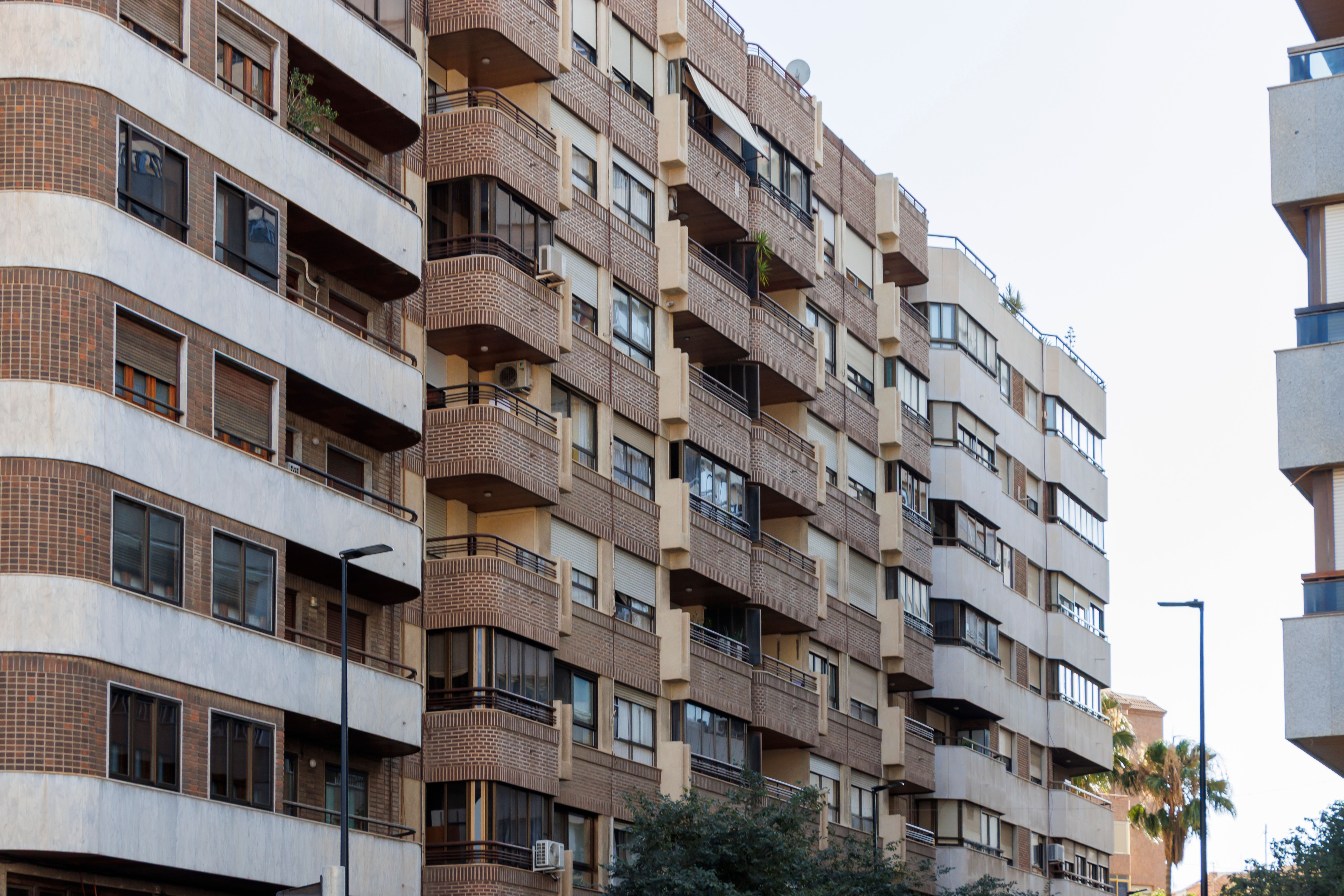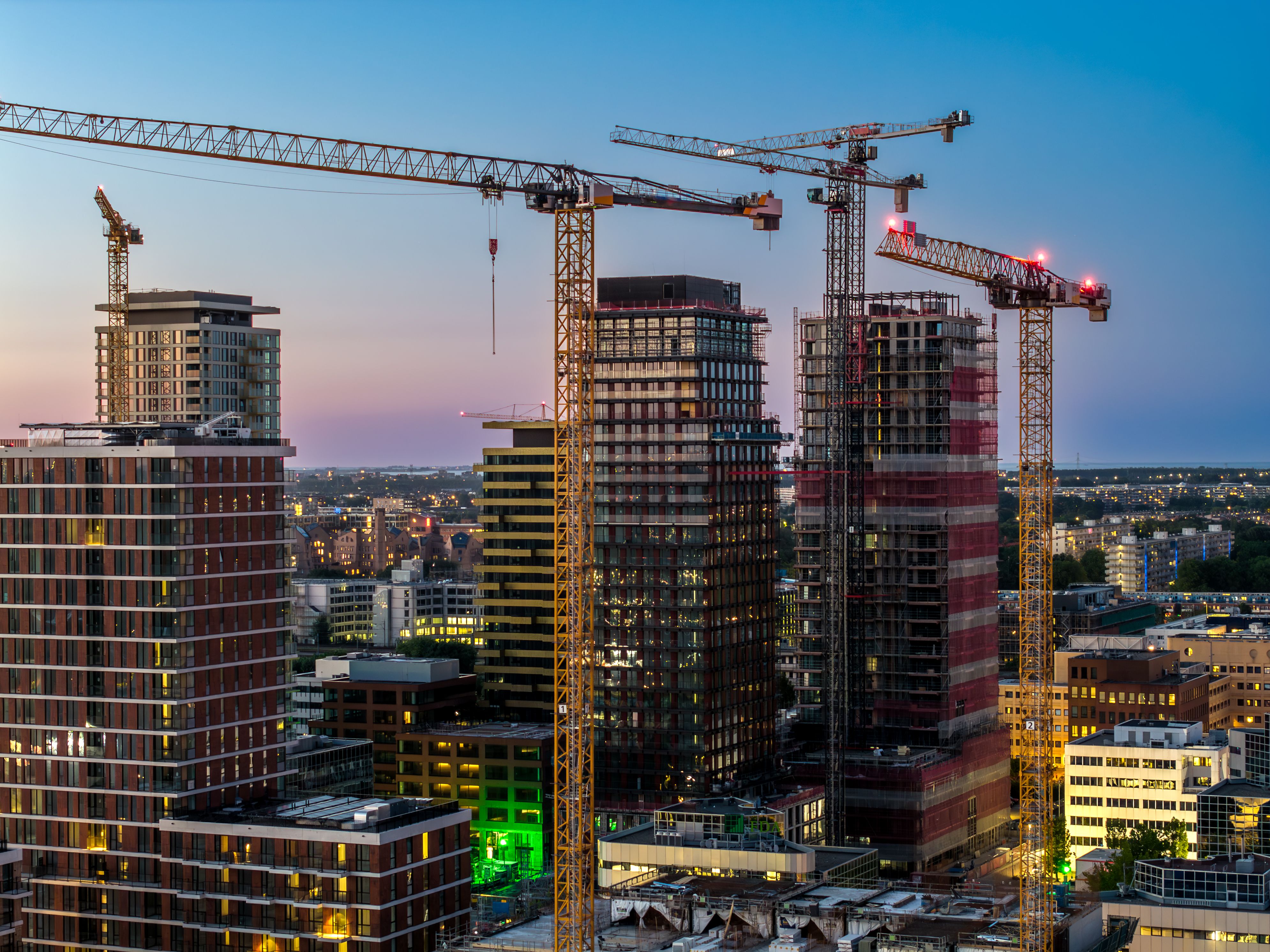Addressing the Housing Shortage in South Bend: Challenges and Opportunities
Understanding the Current Housing Shortage
The city of South Bend, like many urban areas across the United States, is grappling with a significant housing shortage. This issue has become increasingly pressing as the demand for affordable housing continues to outpace supply. Understanding the root causes of this shortage is crucial for developing effective solutions. Several factors, including economic changes, population growth, and limited land availability, contribute to the current housing crisis.

Economic Challenges and Impact
One of the primary challenges in addressing South Bend's housing shortage is the economic landscape. The cost of construction materials has soared in recent years, making it more expensive to build new homes. Additionally, labor shortages in the construction industry have further exacerbated the situation. These economic hurdles not only affect new developments but also impact the maintenance and renovation of existing properties.
Furthermore, the affordability gap has widened, with many residents struggling to find housing that fits their budget. The gap between wages and housing costs leaves a significant portion of the population in precarious living situations or facing displacement. Addressing these economic challenges requires innovative financing solutions and collaboration among various stakeholders.
Opportunities for Development
Despite these challenges, there are numerous opportunities for alleviating the housing shortage in South Bend. One promising avenue is the revitalization of underutilized properties. By converting vacant buildings into residential units, the city can increase its housing stock without the need for extensive new construction. This approach not only provides more homes but also contributes to urban renewal and economic growth.

Community Engagement and Support
Community engagement plays a pivotal role in addressing housing shortages. Involving residents in the planning process ensures that developments meet the needs of those they are intended to serve. Public forums, workshops, and surveys can help gather input and foster a sense of ownership among community members. Moreover, partnerships with local organizations can enhance support services for residents, such as affordable housing advocacy and financial literacy programs.
Additionally, leveraging public-private partnerships can facilitate the development of mixed-use projects that integrate residential spaces with commercial and recreational facilities. These projects can create vibrant communities that offer more than just shelter but also enhance the overall quality of life for residents.
Policy and Legislative Measures
Policymakers have a critical role to play in addressing the housing shortage. Implementing zoning reforms can allow for greater density and more flexible land use, thus enabling a wider variety of housing options. Inclusionary zoning policies, which require developers to include affordable units in new projects, can help ensure that new developments cater to diverse income levels.

Innovative Housing Solutions
Innovation in housing design and construction techniques can also contribute to solving the shortage. Modular construction and prefabricated homes offer cost-effective and efficient alternatives to traditional building methods. These approaches can reduce construction time and expenses while maintaining quality standards.
In conclusion, addressing the housing shortage in South Bend requires a multifaceted approach that combines economic strategies, community involvement, policy interventions, and innovative solutions. By tackling these challenges head-on, South Bend can pave the way for a more sustainable and inclusive future.